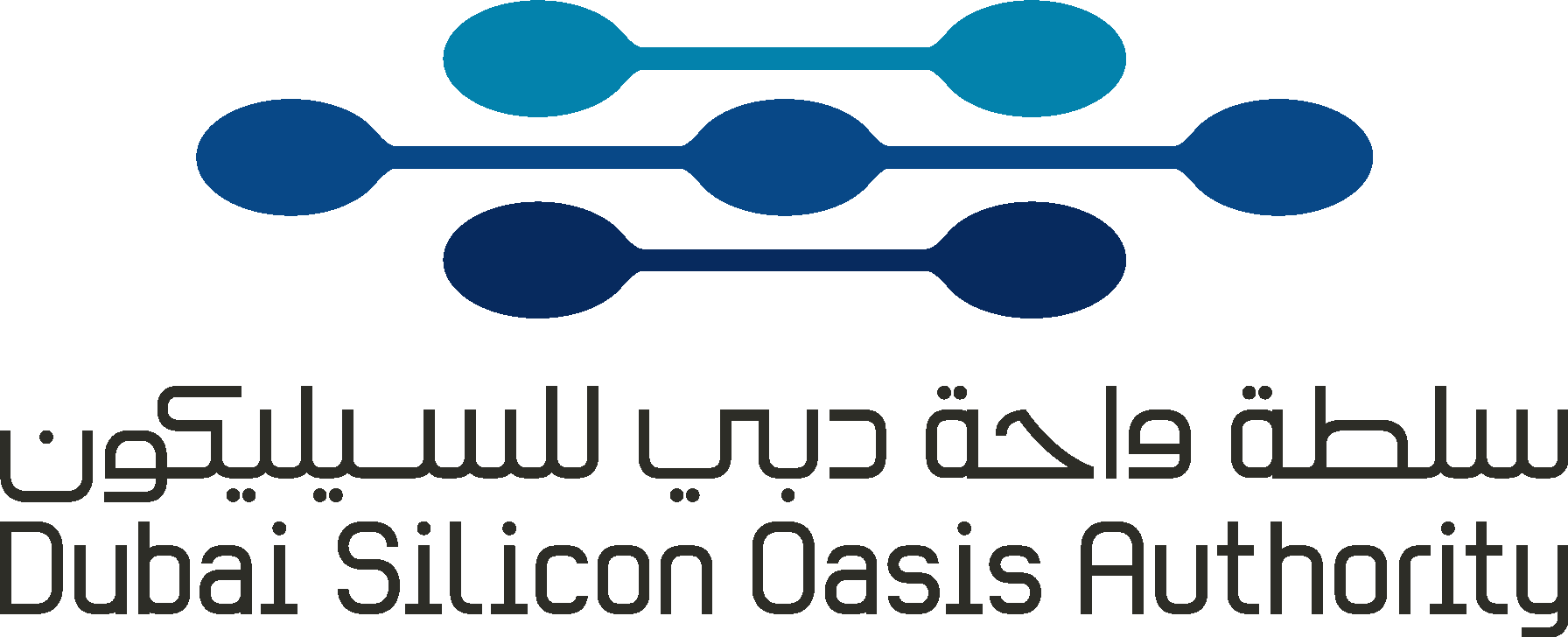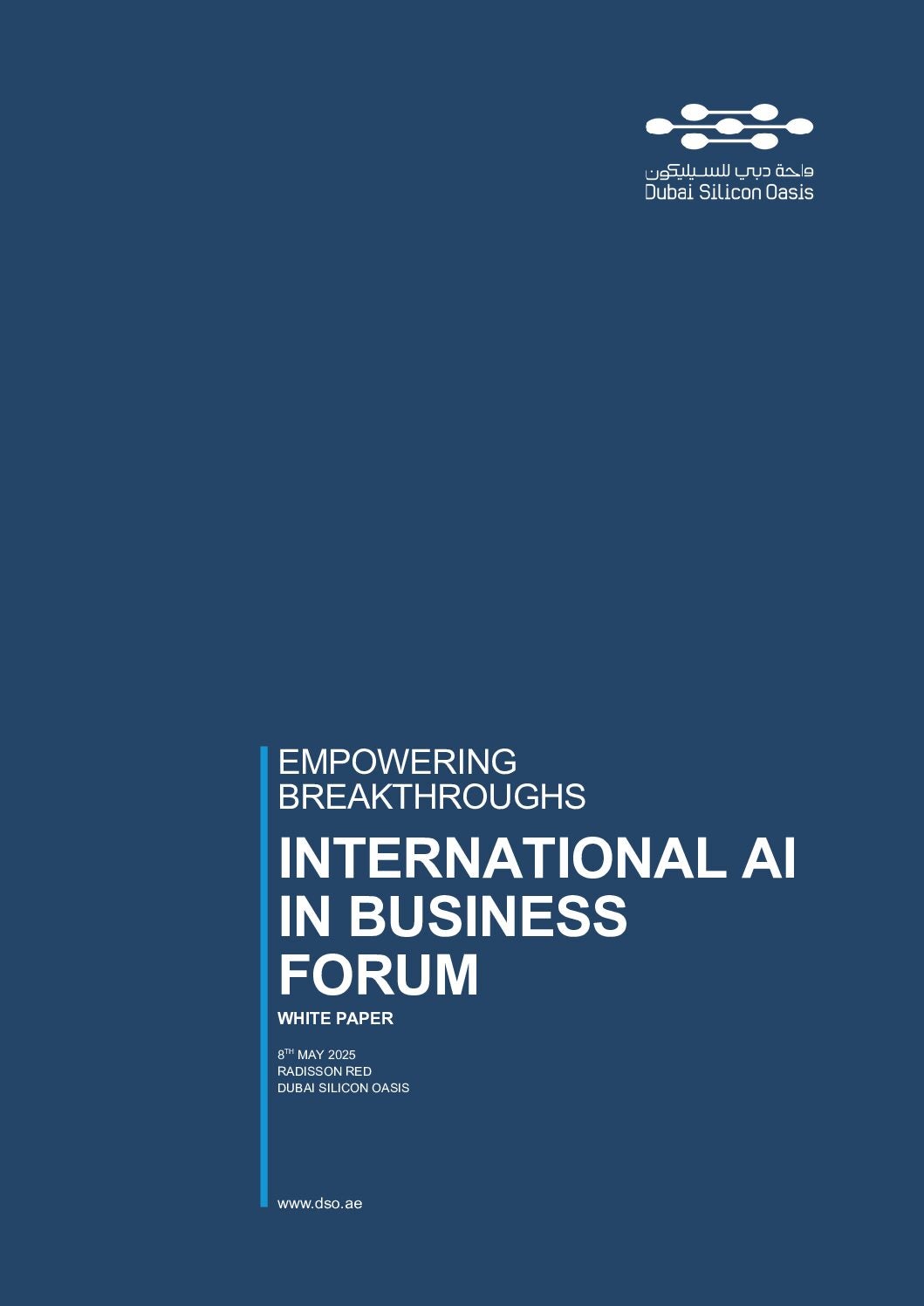
According to PwC, artificial intelligence (AI) is set to add $320bn to the Middle East’s economy by 2030, The UAE is expected to lead this growth, with AI contributing nearly 14% to the nation’s GDP, equivalent to around $97bn.
AI’s rapid integration across sectors such as finance, healthcare, and retail is helping businesses enhance decision-making, streamline operations, and better engage customers.
Through the use of machine learning and natural language processing, companies are gaining the ability to forecast market trends, manage assets more efficiently, and tailor services to evolving consumer needs. These capabilities not only drive innovation but also strengthen competitive positioning.
However, as AI becomes more integrated into everyday operations, concerns are mounting over how these systems gather, use, and interpret data.
Ethical risks related to privacy, intellectual property, and misinformation are increasingly under scrutiny. Researchers at Massachusetts Institute of Technology (MIT) point to three key areas needing urgent attention: unverified training data, lack of transparency in AI decisions and the risk of users mistaking AI for human intelligence.
Building trust through regulation
AI’s growing application across different industries bring with it heightened risks.
Earlier this year, a viral trend saw users upload personal photos to platforms that transformed them into stylised illustrations resembling the work of Studio Ghibli, the iconic Japanese animation house.
While seemingly harmless, experts warned the trend risked exposing sensitive metadata and raised intellectual property concerns by mimicking the unique style of a well-known studio without permission.
This incident reflects a broader trend of rising AI-related risks. In just the first quarter of 2025, deepfake-enabled fraud surpassed $200m, according to Variety, highlighting how rapidly synthetic media is being used for malicious purposes.
As AI-generated content becomes increasingly indistinguishable from authentic media, global demand is rising for detection tools, watermarking protocols, and international legal standards that can define malicious use and establish accountability.
“Responsible AI should be explainable, fair and privacy-conscious,” says Jinane Mounsef, chair of electrical engineering and computing sciences department at Rochester Institute of Technology in Dubai. “The greatest risk in AI is assuming someone else is thinking about the ethics.”
Together, these examples underscore the need for robust data governance. As AI tools become more embedded in everyday life, legal and ethical frameworks will be key to ensuring they are developed and deployed responsibly.
Governments around the world are responding to these concerns by establishing clearer rules for AI deployment.
In March 2024, the European Union (EU) passed the world’s first AI-specific legislation, the Artificial Intelligence Act. The regulation introduces a tiered risk classification and outlines clear responsibilities for developers and users, setting a global benchmark for AI governance.
Closer to home, the UAE has also taken decisive steps. Its National AI Strategy 2031 outlines an ambitious roadmap to embed AI into key sectors such as healthcare, education, and transport.
To ensure this transformation is both effective and ethical, the strategy encourages deeper collaboration between public and private stakeholders. It also places a strong emphasis on developing local AI talent and embedding ethical safeguards into every stage of AI deployment.
These AI guardrails are formalised through the UAE’s AI Ethics Principles, developed by the Office for Artificial Intelligence, Digital Economy and Remote Work Applications.
The principles emphasise transparency in design, clear accountability for outcomes, and fairness in how AI systems impact individuals and communities. They are designed to foster public trust while reducing the risk of bias or unintended harm.
Complementing these national efforts, is the introduction of practical tools serving as a guide for responsible AI use at the organisational level.
One such initiative is the Ethical AI Toolkit, launched by Digital Dubai in 2021, which helps businesses evaluate their AI systems and align with the country’s ethical standards through accessible guidance and a self-assessment framework.
This shift is also mirrored in the United States, where the Enterprise AI Strategy is taking shape. Focused on responsible adoption, the strategy promotes safe and effective use of AI technologies while emphasising workforce readiness to ensure employees are equipped to use these tools appropriately.
Fertile ground for testing
Dubai Silicon Oasis is emerging as a key hub for AI innovation in the UAE.
The zone hosts a growing cluster of AI-focused companies, including Kore AI, Dialogue Sphere, Hoplow, and Razor, and fosters collaboration between academia and industry.
Strengthening this ecosystem is the presence of the Rochester Institute of Technology (RIT) in Dubai, which supports joint research, provides access to skilled talent, and helps develop advanced technological capabilities.
DSO also serves as a regulatory testbed, allowing companies to pilot emerging technologies in controlled environments where formal regulations may still be under development. Through partnerships with entities such as Dubai Civil Aviation, Dubai Silicon Oasis offers businesses a space to experiment responsibly while maintaining regulatory oversight and best practices.
This environment reflects Dubai’s broader strategy to create fertile ground for ethical AI development. In April 2025, the Dubai Integrated Economic Zones Authority (DIEZ) announced that more than 700 AI-specialised firms now operate across its three zones, alongside Dubai Silicon Oasis.
Dubai’s approach is shaped by its consultative regulatory model. Authorities regularly engage with private sector stakeholders and use advocacy channels to co-develop practical, innovation-friendly frameworks.
This ongoing dialogue supports the safe deployment of AI and accelerates the path to market for emerging technologies.
To ensure these companies have access to the right expertise, Dubai has introduced a range of initiatives aimed at attracting, training, and retaining AI professionals. These programmes respond to a growing global shortage of AI talent and help solidify the emirate’s position as a regional leader in ethical and effective AI adoption.
By aligning infrastructure, policy, and education, Dubai is not only enabling AI growth but doing so with a clear focus on responsible and inclusive development.



